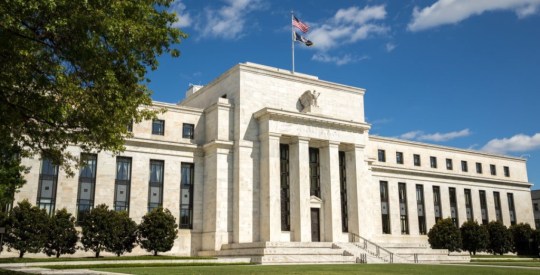The US Senate consented unanimously to the Sen. Mary Landrieu (D-LA) amendment on S 3217, the Restoring American Financial Stability Act sponsored by Sen. Chris Dodd (D-CT), that will exempt certain qualifying mortgages from credit risk retention requirements. The provision is already being praised by industry professionals who say that ensuring the underlying quality of mortgages eliminates the need for risk retention by lenders and securitizers. Risk retention requirements, also called ‘skin in the game,’ required financial institutions to hold a reserve fund worth 5% of arranged deals, set aside to compensate for any poor performance. “This amendment will prevent reckless competition based on loose underwriting standards by focusing risk retention on the truly risky loan products and underwriting practices that created the mortgage market turmoil in the first place,” said Glen Corso, managing director of the Community Mortgage Banking Project (CMBP), in a statement. Corso added: “Creating a ‘qualified mortgage’ exemption ensures that responsible borrowers using traditionally underwritten mortgages will not be forced to pay higher interest rates in order to discourage the risky behavior of others.” Edward Yingling, CEO of the American Bankers Association said passing such a provision would have been at the fiscal expense of the nation. “An across-the-board five percent risk retention requirement would have reduced credit availability by an estimated $125bn per year, hampering economic recovery and job growth.” Senators also approved an amendment by Sen. Mike Crapo (R-ID) that modifies the Landrieu amendment on credit risk requirements, to consider commercial real estate and other asset classes. “What the amendment does is take the exclusive focus off of just one form of risk retention and allows the regulator to evaluate the best approach to address risk retention by asset class,” Crapo said from the Senate floor yesterday. “This still includes a percent retention, if necessary, as well as underwriting standards that actually get at the heart of loans and even strong and uniform representations and warranties which are important to the investors, such as pension funds, mutual funds and endowments who fuel the lending and securitized credit markets.” He added: “The amendment simply gives important direction to the regulators on structuring reforms by asset class.” Senators shot down an amendment on derivatives sponsored by Sen. Saxby Chambliss (R-GA). It would have implemented regulatory oversight of the swap markets and improved regulator’s access to information about all swaps, according to a statement. The amendment also aimed to encourage clearing while preventing concentration of inadequately hedged risks in central clearinghouses and ensuring that corporate end users can continue to hedge their unique business risks. “This amendment would remove the underlying bill’s mandatory exchange trading requirement and removes the mandatory clearing provisions. This is just not acceptable,” said Sen. Blanche Lincoln (D-AR) from the Senate floor. “We understand and know from our experience with the futures market what the clearing does and the stability that it brings to the marketplace.” Lincoln added: “It is absolutely essential. This amendment removes real price transparency to the public” She noted the Dodd-Lincoln amendment — which still awaits a Senate vote — provides realtime price transparency to the public and to the regulators while reforming the over-the-counter derivatives market. Write to Diana Golobay.
Senate Votes to Exempt Qualified Mortgages from Risk Retention
Most Popular Articles
Latest Articles
Powell makes it clear: No rate cuts anytime soon
Powell made statements that indicate there will be no rate cuts anytime soon because the economy and the labor market are too strong.



